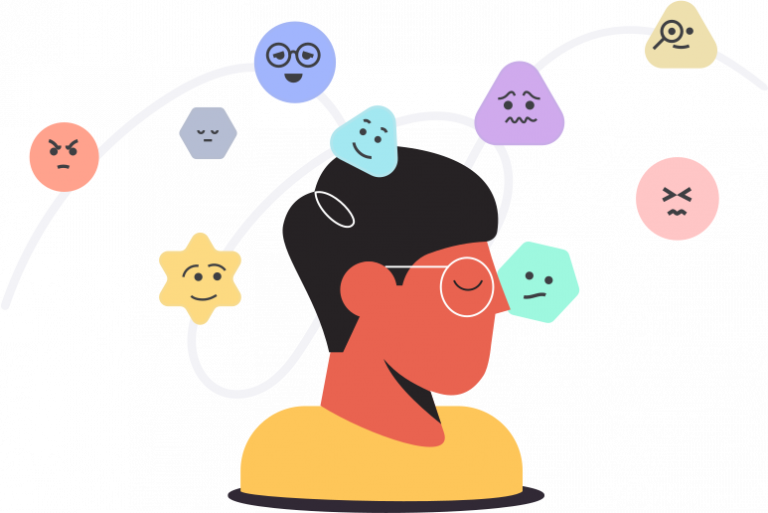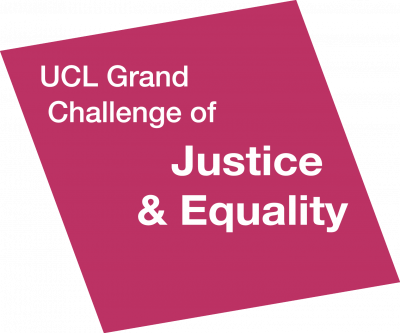Young People's Mental Health and Access to Socio-Legal Support
Examining the role of integrated socio-legal/social welfare and mental health support for young people.

1 October 2018
The project took a systems-based approach to examine the role of integrated socio-legal/social welfare and mental health support for young people aged 16-25 years provided by Youth Information, Advice and Counselling Services (YIACS). Through a series of workshops, the project sought to develop understanding of how access to socio-legal and mental health support influences young people, which young people do/don’t access support in this way, and how these services form part of/interact with wider system elements that also affect access to mental health and social welfare legal support.
Youth Access, one of the project’s external collaborators, initiated contact with partner organisations to invite staff and young people to take part in the workshops. A series of workshops were held in December 2019, each with six Youth Information, Advice and Counselling (YIACS) staff members - one held in Manchester and one in London; and two workshops each with six young people with experience of using YIACS services in Berwick-upon-Tweed and in Bristol.
These workshops formed the basis for development of a Theory of Change for the YIACS model. The workshops were an opportunity for different YIACS organisations to come together and discuss their thoughts about the role their service played within the wider structures of support provision, what it was about their model of working which worked well for young people, and how the commissioning landscape and other structural factors influenced their capacity to support young people’s social, as well as psychological issues. Feedback from staff members was very positive, they viewed it as a networking and learning opportunity, and they wanted more time to spend discussing service issues with other YIACS organisations.
The theory of change will be used as a basis in future work – including expansion and scaling up of the service UK-wide, and a systems-based realist evaluation of the YIACS model.
In addition, the collaboration provided an opportunity for the team to learn about the community-based support available to young people for social-welfare legal issues, and has enabled them to work together across disciplines to explore how socio-legal and mental health interact, how community-based services supporting both social and psychological issues operate to support young people, and some of the contextual barriers to accessing such support. Another impact that has arisen from the funding is that Dr Beardon has joined the Department of Applied Health Research from Centre for Access to Justice as an interdisciplinary PhD student, studying the implementation of integrated health-legal partnerships, co-supervised by Prof Dame Hazel Genn (Laws), Dr Charlotte Woodhead and Prof Rosalind Raine (Population Health).
 Close
Close


